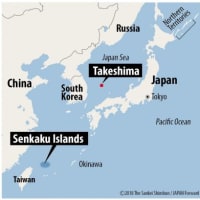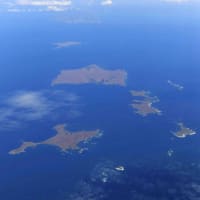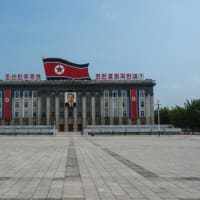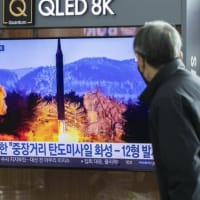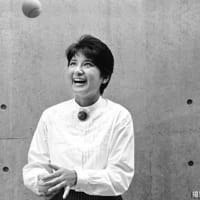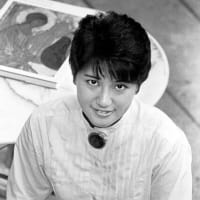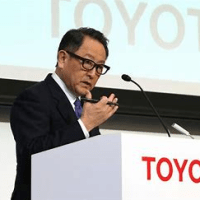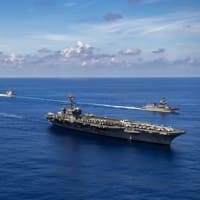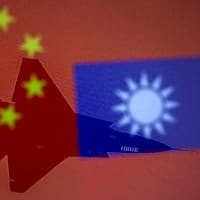

Welcome to Issues in Japan.
I would like to share the article contents of the Yukan Fuji website news posted on February 5, with the title “Mr. Shintaro Ishihara's last words and testament to the Diet”
The fact that Mr. Shintaro Ishihara left his "last words and testament to the Japanese people" during a Diet debate in 2013 is attracting renewed attention.
It was right after he resigned as governor of Tokyo and returned to national politics, and he presented his long-cherished theories on the revision of the Constitution, effective control of the Senkaku Islands in Okinawa Prefecture, Yokota airspace over the Tokyo metropolitan area, the national balance sheet, and the Emperor's visit to Yasukuni Shrine.
Reviewing the footage from that time, we can see that Mr. Ishihara was full of patriotic feelings.
Mr. Ishihara began his question by introducing himself as follows.
"I am the 'Reckless Old Man', Ishihara, who has returned to the Diet after an 18-year absence. My questions from now on will be my 'last words and testament' to the Japanese people."
On February 12, 2013, Mr. Ishihara took a question at the Budget Committee of the House of Representatives during the ordinary session of the Diet.
At the time, he was co-chairman of the former Japan Restoration Party with Toru Hashimoto.
In front of then Prime Minister Shinzo Abe, who had regained power, Mr. Ishihara began his question as follows.
"The current Constitution is a major cause of the chaos and decadence this country is in today."
"I have never seen a case in history where a ready-made basic law, forcibly created by the victor of a war to govern a defeated nation, has survived for decades."
"A country that cannot make its own decisions will quickly fall. Such was the case with the Roman Empire, which left the defense of the country to mercenaries."
This is typical of Mr. Ishihara, who advocated 'independence' from the United States.
"What is the ugliness of that preamble of the Constitution?"
"It's a kind of communal illusion of absolute peace."
"A very troubling situation is developing around Japan."
"We need to create basic legislation that will protect us by ourselves, and we need it to be changed as quickly and drastically as possible, so that it will belong to the Japanese people."
The committee room was filled with tension and not a single yell.
Mr. Ishihara, who was promoting a plan for the purchase of the Senkaku Islands by the Tokyo metropolitan government when he was governor, also referred to the Senkaku Islands, which had been nationalized by the cabinet of then the Democratic Party of Japan's Yoshihiko Noda just before Mr. Ishihara left office.
"By nationalizing the Senkaku Islands, the Noda administration made it a state-to-state issue."
"It would have been better if the Tokyo Metropolitan Government had purchased the islands."
"What Japan is doing now is not effective control."
"At the very least, a lighthouse should be built on top of the largest Uotsuri Island."
"We should take a firm stance (against China's provocations) and loosen our sword in its sheath for immediate use, just as the samurai would do."
Mr. Ishihara also spoke about the Emperor and the Yasukuni Shrine in Kudan, Tokyo, where the spirits of the dead are laid to rest.
"The emperor, the high priest of Shintoism, is a cultural symbol of Japanese sensibilities, not a political symbol."
"As a priest, it is natural for the emperor to pay his respects to those who died in the war."
"I would like the government to encourage the emperor to please visit Yasukuni Shrine."
For the full hour and forty minutes of his talk, Mr. Ishihara used his overwhelming knowledge to talk about the problems facing Japan and strategies to overcome them.
It was what could be called his "last class."
That’s all for now. I have shared the article contents of the Yukan Fuji website news, with the title “Mr. Shintaro Ishihara's last words and testament to the Diet.”
That’s all for now. Thank you for your visit and your interest.
Once again, I sincerely pray for the repose of the soul of Mr. Shintaro Ishihara.











